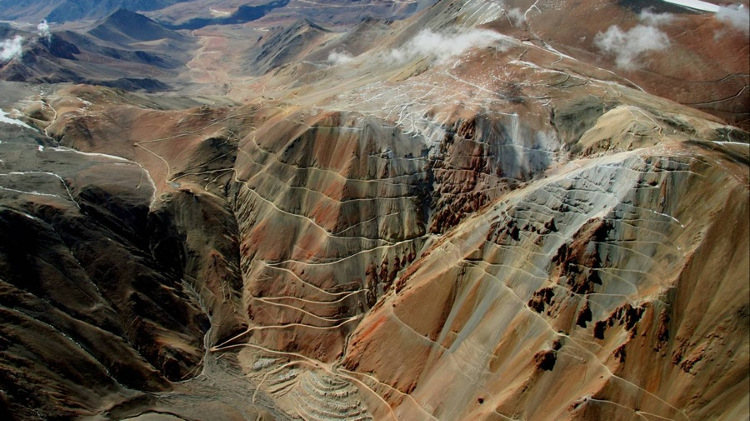A mentorship program for women in mining, mining-focused lesson plans for Indigenous youth and a program encouraging young girls to consider careers in mining were among the winners of the International Minerals Innovation Institute’s (IMII) first-ever “diversity and inclusion challenge” in late January.
The Saskatchewan-based institute – which has a membership made up of mining companies, government agency Innovation Saskatchewan, post-secondary institutions and research groups – gave a total $1 million to five programs focused on increasing the number of women and Indigenous people in mining. In total the projects received just over $680,000 in funding, and will also get $206,250 in cash and in-kind resources. All five programs will last for two years.
“We’re driven by the needs of our members and they’ve adopted [diversity] targets and support diversity and inclusion,” IMII executive director Al Shpyth told CIM Magazine. “We agreed there were some things we could better achieve if we acted together.”
Geoscience and engineering consultancy North Rim/RESPEC; Women in Mining and Women in Nuclear Saskatchewan (WIM/WiN-SK); the University of Saskatchewan’s College of Engineering; and the Saskatchewan Mining Association – which had two winning projects – each received up to $230,000 for their proposed programs.
WIM/WiN-SK received $163,000 in funding for its Mine Your Potential mentorship program, which it launched in early February. The program will give women in the industry mentorship opportunities with both male and female “champions,” and to encourage students to join the industry.
“Our goal is to change the preconceptions women have of the mining industry,” said WIM/WiN-SK chair Anne Gent in a Feb. 1 press release. “We also strive to retain and promote the women already in the mining industry to realize their full potential.”
Related: Program encourages women at Goldcorp to risk taking the lead
The Saskatchewan Mining Association developed “curriculum-correlated lesson plans related to Saskatchewan mineral resources” for kindergarten to grade 12 students to engage more Indigenous students’ interest in the industry. The lesson plans will “incorporate traditional knowledge and teaching methodologies” and be piloted at camps, the association said in its project proposal. The association received $200,300 in funding.
The association was also granted $230,000 for week-long camps and workshops for youth that “include career awareness, first-aid training, fire-awareness training and safety” and also incorporate mine site visits.
The University of Saskatchewan’s College of Engineering will use nearly $114,000 in funding for its Indigenous Student Success Program to “support Indigenous students on their path to becoming professional engineers.” The program will allow students moving from rural and remote communities to attend a two-week bridging program in the summer to help them get familiar with the city and campus, and prepare for classes. The students will also have the opportunity to take tours at minerals sector companies, and will have “academic, social, personal, career and financial support” throughout their time at university.
North Rim/RESPEC is launching an “educational outreach” pilot project with its $182,500 in funding to educate elementary and high school girls and young women about science, technology engineering and mathematics (STEM) career opportunities. The program will target classrooms across grades 4, 5, 7, 8 and 12, target a “diverse cross-section of classrooms in Saskatoon” and connect classes with women working in mining and minerals to give them examples of the careers they could have. The program will also have three “sponsorship packages” to send girls who win an essay competition to a one-week Saskatchewan Polytechnic Girls Exploring Trades and Technology summer camp, a one-week Sci-Fi camp at the University of Saskatchewan, or a one-day job shadow.
Shpyth said the projects were chosen by a “funders panel” made up mostly of the IMII’s industry members, which include BHP, Cameco, K+S Potash Canada, Nutrien and Mosaic.
“The minerals industry is more innovative than it is often perceived,” he said. “Undertaking an open innovation challenge in a non-technical area, like diversity and inclusion, is evidence of industry’s willingness to pursue and support innovation.”
He said the results of the pilot projects will be shared with others who also want to advance diversity and inclusion in the industry.
IMII is funded by industry and the provincial government.



